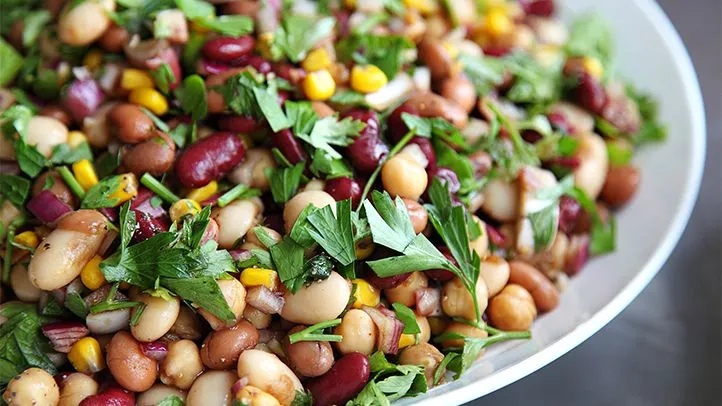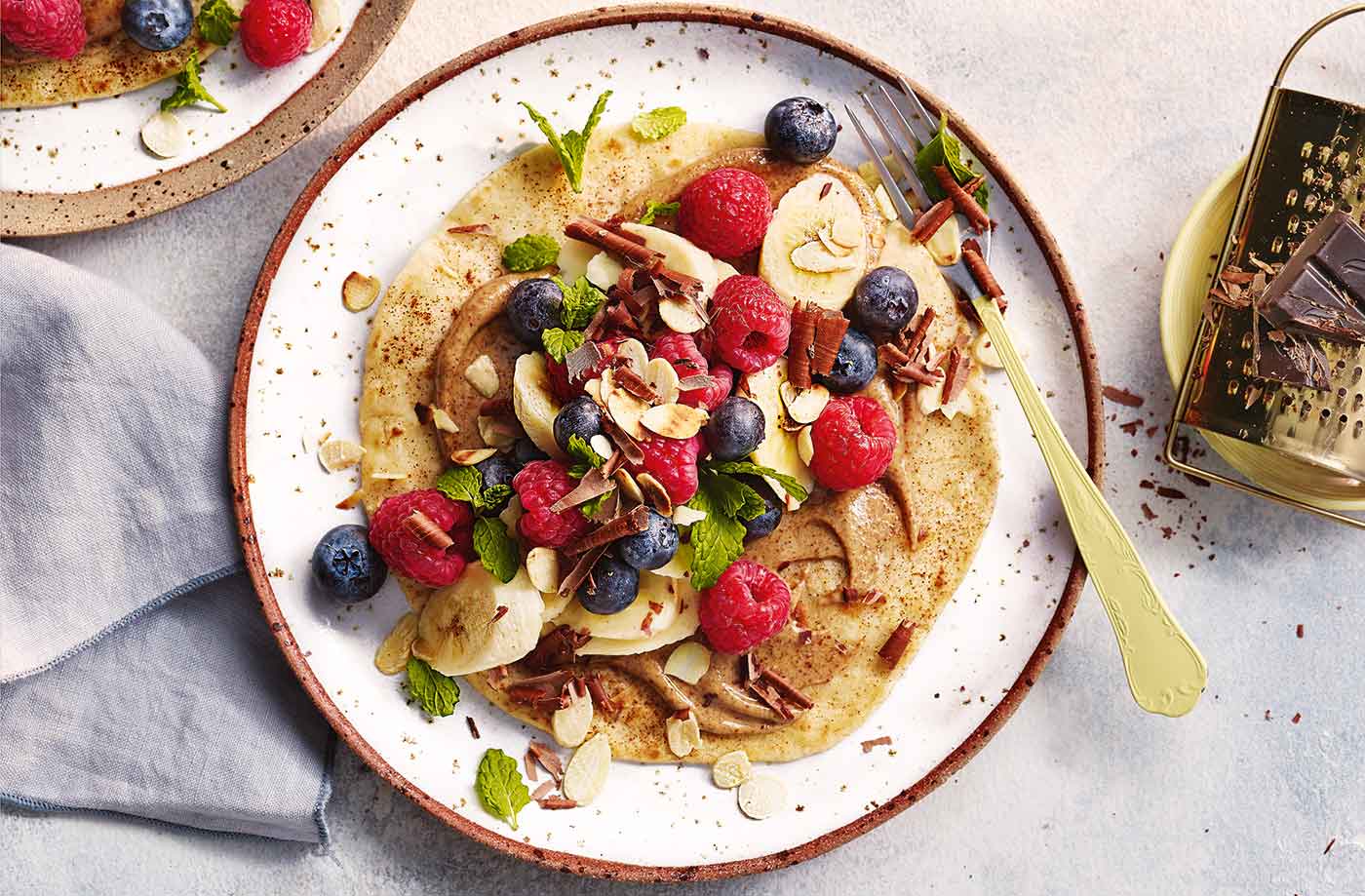Managing blood sugar levels is essential for overall health, particularly for individuals with diabetes or prediabetes. While medications can be effective, many people prefer to complement them with natural approaches. Here are some scientifically supported methods to help regulate blood sugar levels naturally.
1. Incorporate a Balanced Diet
A balanced diet plays a vital role in maintaining healthy blood sugar levels. Focus on consuming whole, unprocessed foods such as vegetables, lean proteins, and healthy fats. Here are some specific dietary tips:
- Fiber-Rich Foods: Foods high in fiber, such as whole grains, legumes, fruits, and vegetables, can slow sugar absorption and improve blood sugar control.
- Low Glycemic Index (GI) Foods: Opt for foods with a low GI, such as oats, quinoa, and non-starchy vegetables, which have a smaller impact on blood sugar levels.
- Avoid Sugary Drinks: Replace sugary beverages like soda and energy drinks with water, herbal teas, or unsweetened drinks.
2. Regular Physical Activity
Exercise is one of the most effective ways to lower blood sugar naturally. Physical activity increases insulin sensitivity, meaning your cells are better able to use the available sugar in your bloodstream. Aim for at least 150 minutes of moderate exercise per week. Examples include:
- Aerobic Exercises: Walking, swimming, or cycling.
- Strength Training: Weightlifting or resistance band exercises.
- Flexibility Exercises: Yoga and stretching can also help reduce stress, which indirectly affects blood sugar.
3. Stay Hydrated
Drinking adequate water is essential for blood sugar management. Proper hydration helps your kidneys remove excess sugar through urine. Aim to drink enough water throughout the day, especially if you are physically active or live in a hot climate.
4. Manage Stress Levels
Chronic stress can lead to elevated blood sugar levels by increasing the release of cortisol, a stress hormone. Incorporate stress-reduction techniques such as:
- Meditation: Daily meditation can help calm the mind and reduce stress-related glucose spikes.
- Deep Breathing: Simple breathing exercises can lower cortisol levels and promote relaxation.
- Hobbies and Leisure Activities: Engage in activities you enjoy to reduce stress and improve overall well-being.
5. Prioritize Sleep
Poor sleep can disrupt blood sugar levels and insulin sensitivity. Strive for 7–9 hours of quality sleep each night. Tips for better sleep include:
- Maintaining a consistent sleep schedule.
- Creating a relaxing bedtime routine.
- Limiting screen time before bed.
6. Herbal Supplements
Certain herbs and spices have been shown to help regulate blood sugar levels. Before incorporating these into your routine, consult with a healthcare provider. Popular options include:
- Cinnamon: May improve insulin sensitivity and lower fasting blood sugar.
- Fenugreek: Contains compounds that can slow carbohydrate digestion and absorption.
- Berberine: Found in plants like barberry, this compound can improve glucose metabolism.
- Aloe Vera: Known to lower fasting blood sugar when taken as a supplement.
7. Portion Control
Overeating can lead to blood sugar spikes, even if you are consuming healthy foods. Practice portion control to prevent overloading your body with glucose. Use smaller plates, measure your servings, and eat mindfully.
8. Limit Refined Carbohydrates
Refined carbohydrates, such as white bread, pasta, and sugary snacks, can cause rapid blood sugar spikes. Replace them with complex carbs, like whole grains and legumes, which digest more slowly.
9. Apple Cider Vinegar
Apple cider vinegar has been shown to improve insulin sensitivity and lower blood sugar levels after meals. Try mixing 1–2 tablespoons with a glass of water before meals, but be cautious as excessive consumption can irritate your stomach.
10. Monitor Blood Sugar Levels
Regularly monitoring your blood sugar can help you understand how your body responds to various foods, activities, and habits. This can empower you to make informed choices and adjust your lifestyle accordingly.
By implementing these natural strategies, you can take significant steps toward better blood sugar management. Remember to consult with a healthcare professional before making major changes to your diet or lifestyle, especially if you have underlying health conditions.




